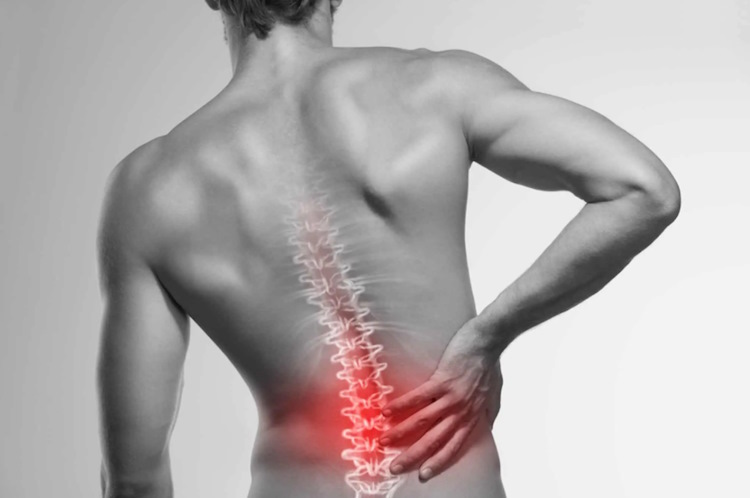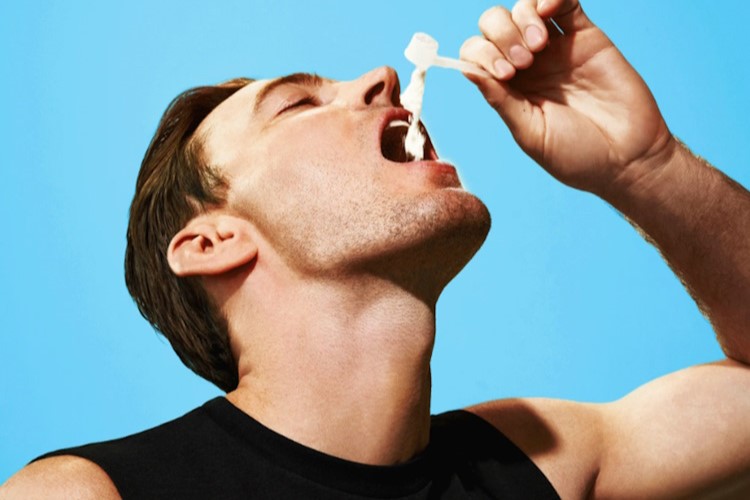How diet affects hormones: what to eat and what to avoid
Hormones are the body’s chemical messengers, influencing everything from metabolism and muscle growth to mood and energy levels. The food you eat directly affects your hormonal secretion, either optimizing or bringing down these essential processes. By making informed decisions when it comes to eating, you can support healthy hormone levels and enhance your overall well-being. In this article we’ll go over which foods to avoid and what you should prioritize in your diet, as well as provide some tips regarding dieting.
How diet influences hormones
First of all, let’s take a look at how diet influences hormones and their main effects in the human body:
- Nutrient supply
Hormones like testosterone, insulin, and thyroid hormones require specific nutrients for synthesis and regulation;
- Blood sugar regulation
High-sugar diets cause insulin spikes, leading to imbalances in other hormones, including cortisol and estrogen;
- Inflammation levels
Pro-inflammatory foods can disrupt hormone production and signaling, while anti-inflammatory foods help maintain balance;
- Gut health
A healthy gut microbiome supports the production of hormones like serotonin and regulates stress hormones.
How to boost your hormonal health
As such, here are some of the foods you should eat to boost hormonal health, why they help and the best sources for each one of them:
Healthy fats
Why they help: hormones like testosterone and estrogen are derived from cholesterol, and healthy fats provide the building blocks for their production;
Best sources: avocados, nuts (walnuts, almonds), seeds (chia, flax, pumpkin), fatty fish (salmon, mackerel, sardines), fattier cuts of meat, butters, extra virgin olive oil;
Protein-rich foods
Why they help: protein provides amino acids essential for hormone production, such as those involved in growth and repair;
Best sources: eggs, lean meats (chicken, turkey, grass-fed beef), legumes (lentils, chickpeas), Greek yogurt, tofu and tempeh;
Fiber-rich foods
Why they help: fiber supports gut health, which plays a role in hormone regulation and estrogen metabolism;
Best sources: whole grains (quinoa, oats, brown rice), vegetables (broccoli, spinach, kale), fruits (apples, berries, oranges);
Cruciferous vegetables
Why they help: these vegetables contain compounds that help detoxify excess estrogen;
Best sources: broccoli, cauliflower, brussels sprouts, cabbage;
Foods rich in vitamin D and zinc
Why they help: vitamin D supports testosterone production, while zinc is essential for reproductive health;
Best sources: vitamin D: salmon, fortified dairy, egg yolks; zinc: oysters, pumpkin seeds, beef;
Anti-inflammatory foods
Why they help: chronic inflammation disrupts hormonal balance. Anti-inflammatory foods help reduce oxidative stress;
Best sources: turmeric, ginger, green tea, dark leafy greens.
A proper hormonal balance
Now, let’s dive into which foods to avoid for proper hormonal balance, why they are a bad choice and examples of them:
Processed sugars
Why they harm: cause insulin spikes and promote fat storage, disrupting hormones like leptin and ghrelin;
Examples: candy, sugary drinks, baked goods;
Trans fats
Why they harm: linked to inflammation and reduced testosterone levels;
Examples: fried foods, packaged snacks, most margarine products;
Refined carbohydrates
Why they harm: leads to rapid blood sugar fluctuations and contribute to insulin resistance;
Examples: white bread, pasta, white rice;
Excess alcohol
Why it harms: disrupts liver function, which is crucial for hormone detoxification, and reduces testosterone levels;
Limit: Keep alcohol intake moderate, focusing on occasional consumption;
Dairy (for some individuals)
Why it might harm: certain people may be sensitive to dairy, leading to inflammation or hormonal imbalances;
Examples: whole milk, cheese, ice cream;
Artificial additives and sweeteners
Why they harm: can interfere with gut health and disrupt hormone signaling;
Examples: aspartame, saccharin, processed foods with artificial ingredients.
Hormonal health optimization
Asides from which foods to eat and which to avoid, a few simple strategies can be taken to optimize hormonal health through dieting:
- Eat balanced meals
Combine protein, healthy fats, and fiber at every meal to stabilize blood sugar and support hormone production;
- Stay hydrated
Adequate hydration supports metabolic processes, including hormone synthesis;
- Limit caffeine
Excess caffeine can increase cortisol levels and disrupt sleep, impacting other hormones.
- Prioritize organic produce
Reduce exposure to pesticides, which can act as endocrine disruptors.
- Incorporate fermented foods
Support gut health with foods like yogurt, kimchi, and sauerkraut to regulate stress hormones and serotonin.
- Follow a regular eating schedule
Eating at consistent times helps regulate hormones like insulin and cortisol.
In conclusion, diet has a profound impact on hormonal health, influencing your body’s ability to build muscle, regulate mood, and maintain energy levels. By focusing on nutrient-dense, whole foods and avoiding processed options, you can support a balanced hormonal environment that enhances both your fitness and overall well-being. Make an effort to align your diet with your hormonal health goals, and watch your performance and physique improve dramatically.









